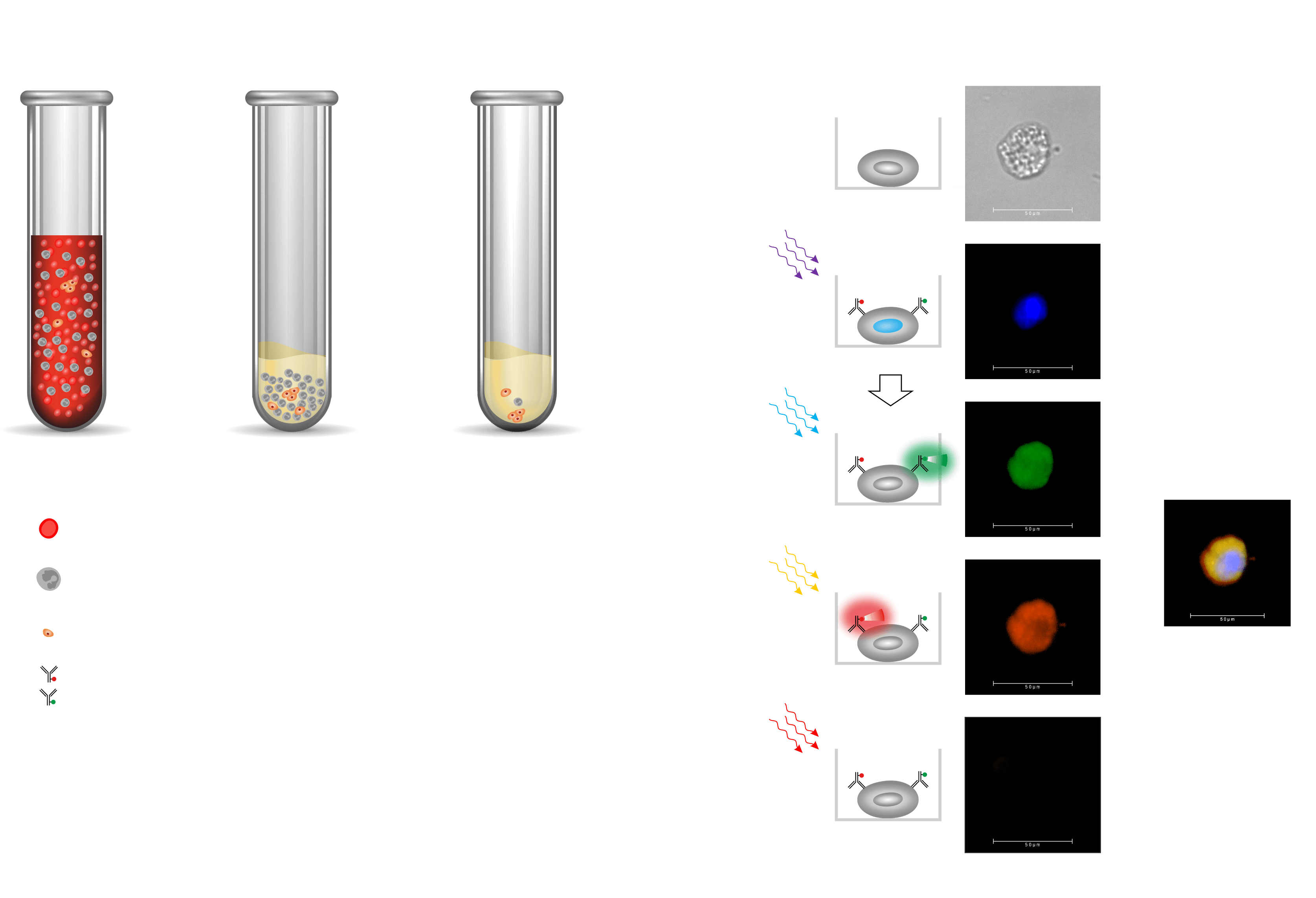
A Revolutionary Blood Test To Detect Cancer Early, So That It Could Be Cured
Trucheck™ is an advanced non-invasive blood test which provides evidence of an underlying malignancy via a safe, simple and quick blood draw. Trucheck™ evaluates blood sample to detect ‘Circulating Tumor Cells’ (CTCs), which are cancer cells that escape from the tumor and enter the blood stream. Trucheck™ enriches these CTCs from the blood sample and confirms their identity via a process called ‘Immunocytochemistry’ (ICC). A positive CTC finding is indicative of the presence of an underlying cancer whereas when CTCs are undetectable, the patient may not have a cancer.















